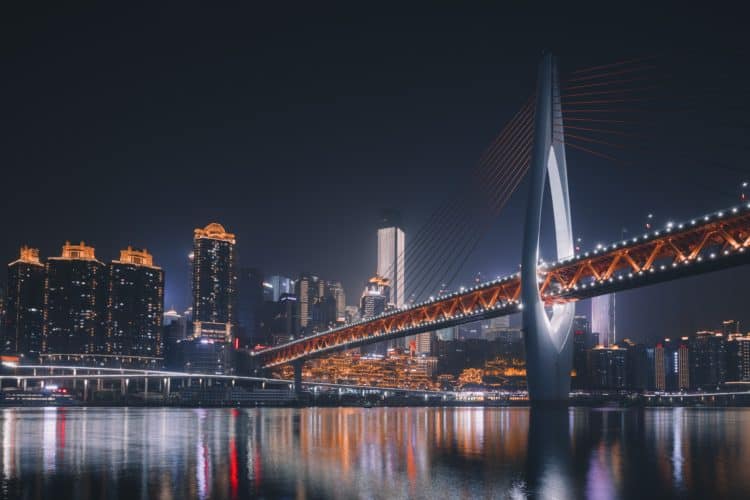While only 15 companies — about 6% —of the 256 non-financial companies Moody’s rates in China have high exposure to disruptions from the coronavirus outbreak, refinancing risk are high for many of these organisations, said the credit rating agency recently.
A further 35% (90 companies) have moderate exposure, and 59% (151 companies) have low exposure, according to a report by Moody’s.
The sectors most exposed to the coronavirus-led downturn are those most sensitive to consumer demand and sentiment, as well as those most negatively affected by the oil price shock, Cedric Lai, a Moody's Vice President and Senior Analyst pointed out.
In China, these are the offline discretionary retail, oil & gas, oilfield services, and travel services sectors, he observed.
"Reflecting the challenges facing the high exposure companies, all have negative outlooks or ratings under review for downgrade,” Lai noted. “More than half of the high exposure companies face high refinancing risk, given large debt maturities and tight capital market conditions.”
The sectors in the "moderate" bucket are primarily indirectly affected by coronavirus disruptions, and include the automotive, chemicals, metals and mining, ports, toll roads and property sectors, according to Moody’s.
The low-exposure sectors provide goods and services that are essential, support economic growth or are in demand as people spend more time at home, the rating agency pointed out.
Some sectors also have low exposure due to their geographic and operational diversity, which lessens the effect on them from disruptions in any one geographic area or market segment, the firm added.
These sectors include construction and engineering, internet and logistics, and local government financing vehicles, said Moody’s.
Overall, most rated Chinese non-financial companies have low or moderate exposure, according to Lai.
Companies' exposure can differ from that of the sector in which they operate, and companies' exposure can differ within a sector, he noted.
“For example, nearly all state-owned companies have low or moderate exposure regardless of the sector they operate in, because they have strong financial buffers and strong access to onshore funding, and will likely receive support from the Chinese government in times of need,” Lai said.




